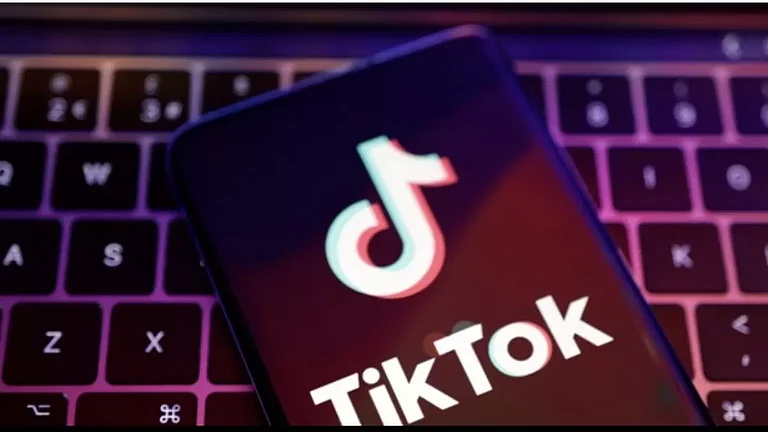Executive order mandates TikTok US operations transfer to Oracle-led investor consortium
Deal values TikTok’s US business ~$14 billion; US owners to hold ~80%
Oracle to host data; US engineers control recommendation algorithm under national-security safeguards
White House sets ~120-day divestiture timeline; ByteDance retains minority stake, approval pending
Trump Keeps TikTok’s US Ship Afloat: ByteDance’s Stake Cut as American Investors Take Majority
Oracle-led investor group to run a US version of the app; ByteDance to retain a minority stake as national-security concerns are addressed
US President Donald Trump on Thursday signed an executive order that lays out terms for transferring TikTok’s US operations to a consortium of American investors.
This move is designed to satisfy a law that otherwise would have forced the app’s removal from US app stores. The plan would separate the popular short-video platform from its Chinese parent, ByteDance, while keeping the app operational for American users.
Under the arrangement described at a White House event, an investor group led by Oracle would take control of the bulk of TikTok’s US business and operate a licensed copy of the app’s recommendation algorithm inside the country.
Trump-TikTok Deal Details
The deal values TikTok’s US business at about $14 billion, according to remarks by Vice-President JD Vance. It anticipates the American owners to hold the majority (around 80%) of the new entity while ByteDance and other Chinese investors would keep under 20% stake.
A seven-member board, which consists of six US members and one representative of ByteDance, would oversee the company.
Senior figures named as participating investors include Oracle’s Larry Ellison, media executive Rupert Murdoch and Dell CEO Michael Dell. White House officials framed the structure as preserving US control over user data and the recommendation engine, stressing that Chinese entities would have no access to American user data under the proposed arrangements.
ByteDance did not attend the signing and has not yet publicly confirmed that a transaction is underway.
TikTok Scrutiny
The executive order was presented as a “qualified divestiture” that complies with the national-security law passed by Congress and upheld by the Supreme Court earlier this year, legislation that would have forced ByteDance to sell TikTok or face a ban in the US.
The White House said the divestiture is expected to be completed within roughly 120 days, subject to further regulatory approvals and Chinese consent.
The deal ends months of legal and political uncertainty surrounding TikTok in Washington, where lawmakers and security officials have long expressed fears about the app’s data practices and potential influence operations.
TikTok and ByteDance have consistently denied allegations that the Chinese state can use the platform to access or manipulate US user data. The company has also faced past reporting about improper employee access to internal data, which it has said was addressed.
TikTok Deal: Pros and Cons
The transaction would hand American companies significant influence over one of the country’s largest social platforms. TikTok is used by well over 100 million Americans and has become a major force in cultural and political discourse. Supporters of the deal, including some in the White House, argued it preserves a popular service while removing a national-security risk.
Critics warned that giving a handful of U.S. investors control over the app raises its own questions about concentration of power and content governance.
The signing capped intense diplomatic and commercial negotiations: the White House said President Xi Jinping signalled approval for the transaction during recent talks, and U.S. officials said China had negotiated certain conditions.
Final mechanics, exact ownership stakes, investor list, regulatory clearances and technical guarantees for data separation, remained to be fleshed out and publicly documented in the coming days.
As the administration framed the move as a win for both national security and users, the longer run implications are likely to stretch beyond any single company: the agreement creates a precedent for how strategic digital platforms owned by foreign firms might be restructured, and it will test whether technical and governance fixes can satisfy both security concerns and principles of open internet access.

